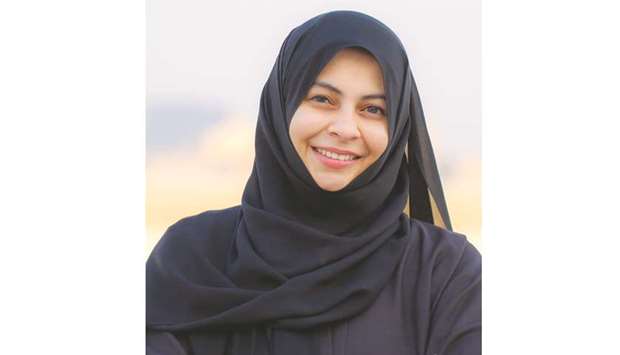For the first time, the world marked ‘International Day of Awareness of Food Loss and Waste’ (IDAFLW) on September 29 this year.
The day highlights the need to have food security and to reduce food wastage. This cannot come at a better time than during the Covid-19 pandemic.
The economic wizards around the globe have been making hue and cry about the lasting impact of the pandemic including the looming increase in poverty and hunger. More and more people will be facing scarcity of food and one way to tackle the issue is by reducing food waste.
Reducing food loss and waste, can bring benefits to society as a whole and can result in: increased food availability to the most vulnerable; a reduction in greenhouse gas missions; reduced pressure on land and water resources; and increased productivity and economic growth.
There are however people who have already committed to the cause in Qatar, by collecting extra food and distributing it among the less privileged. Wa’hab Food Heroes can be the best example of taking care of the extra food and raising awareness about food loss. The initiative was started by Wardha Mamukoya, an Indian expatriate and mother of three, in 2017. She along with her family moved to Qatar in 2015 after her husband – Shahid Abdusalam – got a job with Supreme Committee for Delivery and Legacy.
An electronics and communication engineer by qualification, Wardha’s passion lies in sustainable energy, circular economy and social entrepreneurship. She got the idea of starting Wa’hab after she witnessed food waste during a party.
“There were instances where we had surplus food after a party and were unsure of what to do with it. I would recall the Hadith of Prophet Muhammad (pbuh) which states: ‘He is not a believer, who eats to his fill while his neighbour is hungry’ and wondered how surplus food could be put to a better use.”
The food volunteer started thinking of a way to manage extra food and share it with those who need it. “Wa’hab was founded in 2017 to connect the two ends, with an aim to save food and money and contribute to better the circumstances of the people in need and their families in their home countries, which is the primary reason they are here for. By involving the community in the form of volunteers – food heroes – to collect and redistribute surplus food, we expect to help bridge gaps and foster better relationships. Wa’hab in Arabic is derived from one of Allah’s attributed name ‘Al Wahhab’, and it means to do a good deed without expecting anything in return.”
The food hero along with her volunteers raises awareness regarding food wastage and how to reduce it. She has some wonderful future plans as well. “The volunteers help in collecting and redistributing the surplus food to the beneficiaries and most importantly, they help put a smile on their faces. We have some great projects in the pipeline like our surplus food sharing app which we are hoping to launch in January 2021 and many innovative ideas to reduce food wastage and reuse the surplus food through which we hope to widen our impact in society.”
She added: “By composting unusable food like vegetable peels, coffee grinds and plate scrapings, we add essential nutrients back into the soil, thereby replenishing the soil. It is also known to help sandy soil retain water and nutrients which is a key to grow the next generation of crops, and ties in directly with Qatar National Vision 2030, which aims to achieve self-sufficiency in food production. Wa’hab aims to make composting easy and accessible to all by providing an array of composting solutions: ranging from machines intended for large scale commercial institutions to small compost bins for urban homes.”
When asked what she thinks makes her work worthwhile, Wardha said: “One moment that stands out is a conversation we had with the manager of a food bank that we have been working with for the last few years. He had then just returned from a charity trip to Somalia, after a severe famine there. He told us that he met with some local tribesmen there, and what they told him also choked us. They told him: “We were once affluent people, having enough to eat and we used to throw away plenty of our surplus food, with no second thoughts. Today, our situation has reversed, where our people would even fight for the scraps of leftover food”.
Speaking about the IDAFLW, the food hero said: “Qatar-based sustainability advocacy group EcoMENA estimates that half of the waste sitting in Qatar’s landfills is made up of organic items including leftover food. In addition to this, food waste rots and releases potent greenhouse gases that are responsible for rise in temperatures and contribute to global warming.
“According to researchers, food waste is the single greatest solution to reverse climate change, way ahead of a global plant-based diet, electric cars, regenerative agriculture or even utility-scale solar panels. So we need to ask ourselves, why isn’t food waste a cause of alarm? Why aren’t we doing more to reduce, reuse and recycle food waste, in that order?”
She added: “It is high time that we have a fundamental shift in our food norms and this requires changing our attitudes towards food. Sustainability is not just about the bigger changes in society, it’s just as much about the small choices we make in our everyday lives – choosing to redistribute that surplus meal after an event can go a long way to reduce food waste and warm the hearts of those who receive it.”

Wardha Mamukoya
